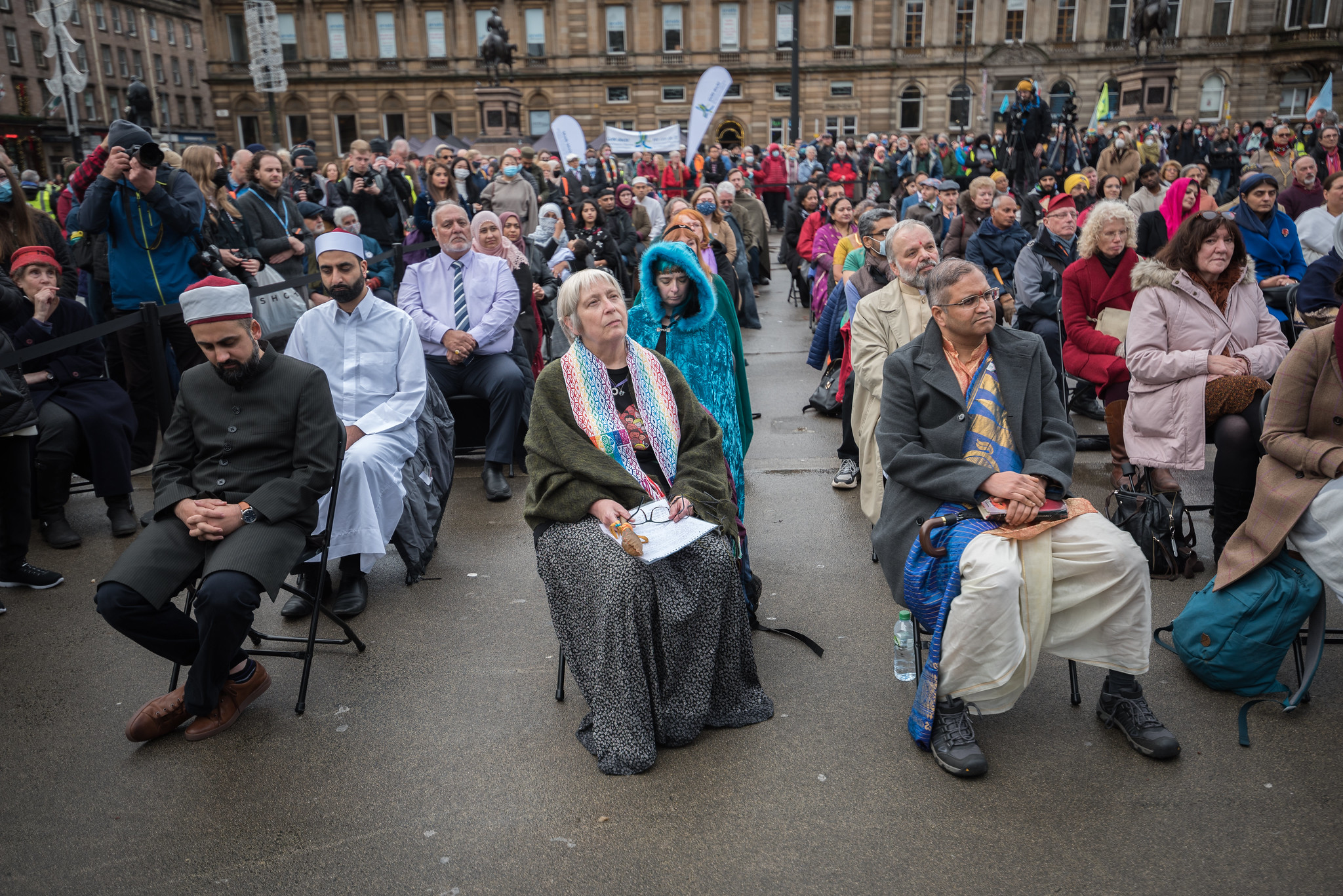
By Bishop Philip Huggins
Our Australian diplomats and negotiators recently gave briefings to those of us going to COP27. We have a new federal government now with much better policies and a clear intent to be internationally responsible. Accordingly, these folk who must represent the Australian government policies have a fresh buoyancy and vitality as we prepare for Egypt.
Our briefings have been on Climate Finance, Loss and Damage as well as Article 6 and Carbon Markets. Listening to these highly intelligent, hardworking folks is a blessing. With generous spirits, they try to share what they know and are patient with our questions. The more I learn of these complex negotiations, the more impressed I am by the human ingenuity that shapes and now seeks to implement the ‘Paris Agreement.’ Just listening to the architecture that is required for a functioning, equitable and transparent carbon market evokes one’s admiration.
But at the same time, there is the terrifying feeling that the implementation of the Paris Agreement – so as to contain global warming to that 1.5 degree C target – is still proceeding too slowly.
Extreme climate events in Australia
Some of our family live in Canberra and we are in southern Victoria. Not long ago, I drove up there in a big mask because of smoke after huge bushfires. This week, I came back from Canberra just ahead of unprecedented floods. One of our sons lives on a hill. Beneath them this week was water where stock normally graze.
Even though we have not yet reached 1.5 degrees C, the climate appears to be changing rapidly. There are more extreme events more regularly and the impact is heaviest on those who are poorer and those in our Asia Pacific region who, unjustly, have had fewer of the carbon economy’s benefits.
Rapid and effective implementation of the Paris Agreement is clearly what is needed at COP27. We all know the things that make this difficult. Nation state suspicions and rivalries; the divisive, violent impact of narcissistic dictatorships built on historic resentments and maintained by oppression; the continuing influence of vested interests; and so on.
Cooperation by faith leaders
But, as people of faith, we must persist with our prayers and meditations linked to advocacy.
Here in Australia, more than 100 multi faith leaders signed a joint letter to the Prime Minister insisting on a more rapid transition to renewables. I have not seen such spontaneous and substantial cooperation by faith leaders on any other issue and I have been involved in multi faith dialogue since the 1980s! Moreover, what was requested is very political and very focused!
At and since the Madrid COP, through the Interfaith Liaison Committee of the UNFCCC, many of us have been involved in daily and weekly silent meditations regarding the issues before this COP. There is an evolving community of contemplative souls with a unified and unifying consciousness.
We will get there. And we must!
Bishop Philip Huggins, a COP27 delegate, is Director, Centre for Ecumenical Studies, at the Australian Centre for Christianity and Culture.